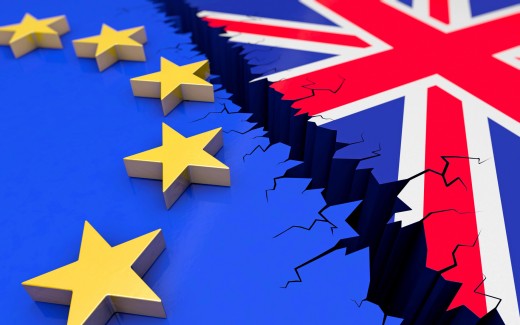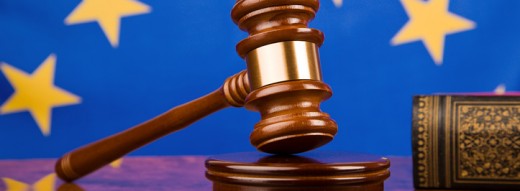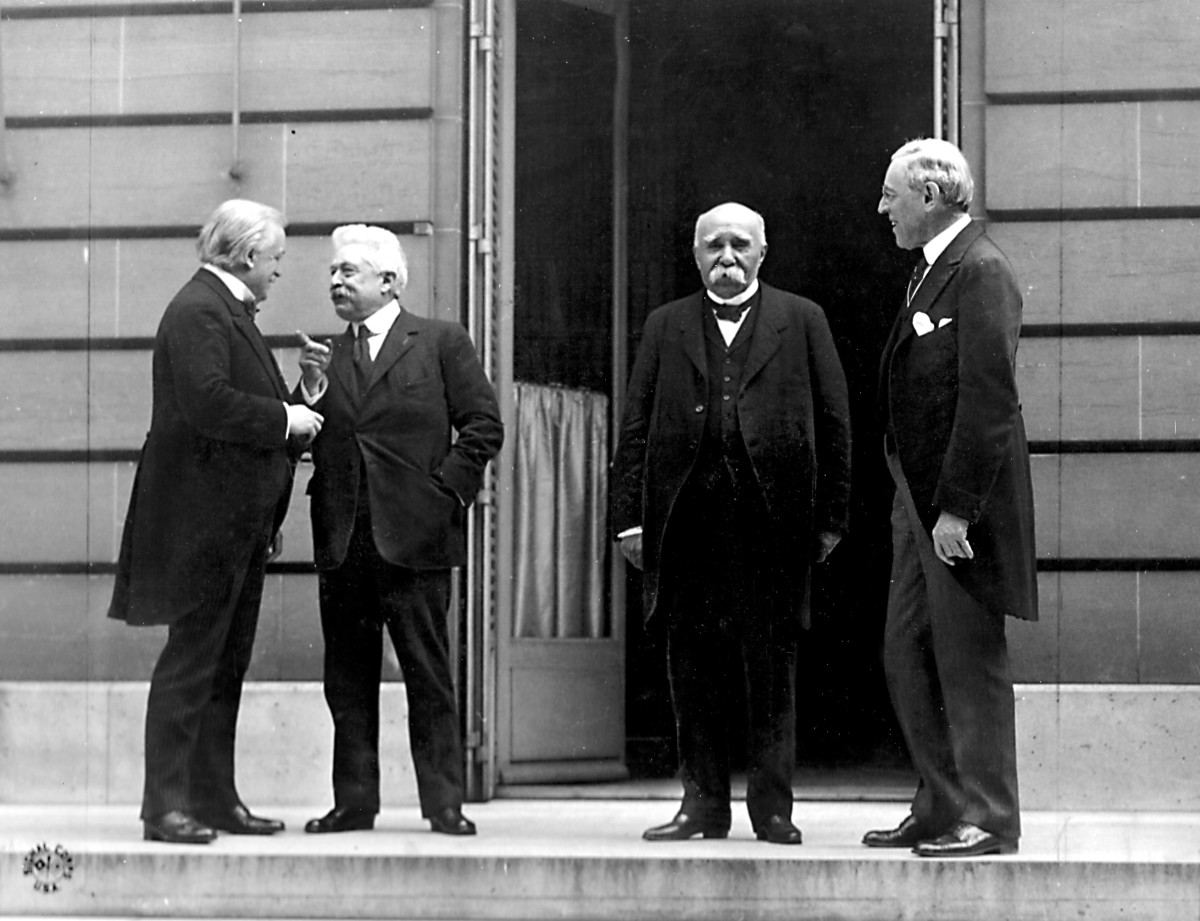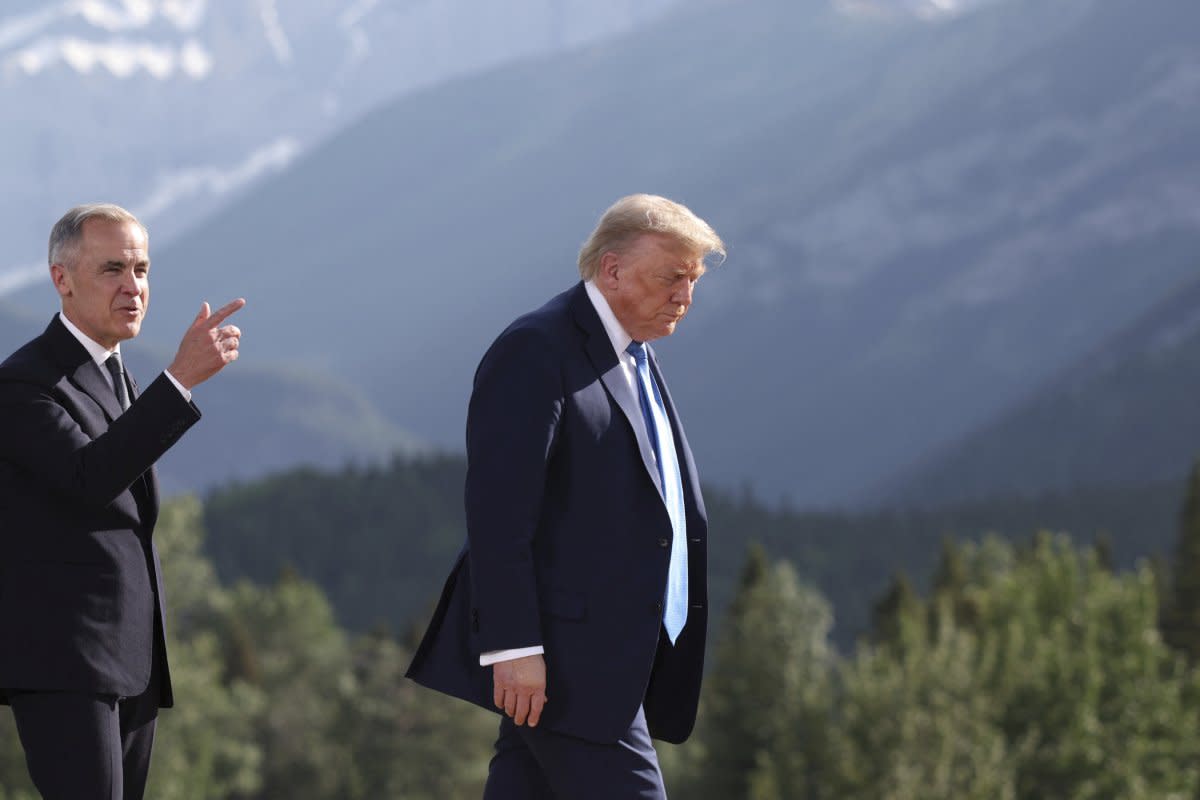Consequences and Benefits of Brexit

You're probably sick of hearing the word 'Brexit', but with the UK government currently facing a crisis so to speak, Brexit is all that is talked about.
The UK unsatisfied with any deal proposed by Theresa May yet not wanting a Hard Brexit. We're not going to go in depth about the recent Brexit news as there're new reports daily. Instead, we are going to cover the consequences and potential benefits of the UK's decision to tear its EU membership.
Trade

Pro-EU commentators argue that the UK benefits considerably from its EU membership through the promotion of free trade. The UK population of 66mil, as part of the EU, have access to a much larger single marker of 512mil EU citizens to buy from and sell to, this means enabling the British access to a wider variety of business and European shops, as well as keeping the prices low despite the increase in marketing competition.If the UK were to leave millions of jobs would be put at risk, as global manufacturers may move from the UK to lower-cost EU countries, therefore, placing 1 in 5 manufacturing jobs at risk resulting in a £12k financial loss for the Brits.
A Hard Brexit would cause Scotland to lose £16bn considering Britain's biggest trading partner is the EU, with 45% of exports from the UK to EU countries and 53% imports to the UK come from the EU. Displaying UK benefits economically from the EU. Leaving would mean having to renegotiate trade deals with individual EU countries, possibly creating conflict between the UK and said countries and establishing them on worse terms with each other.
EU critics, however, argue that the UK runs a £67bn 'trade deficit' with the rest of the EU due to this membership, many claiming this has consequences as it needs to be financed putting pressure on interest rates. Brexit would allow UK's 'net contribution' of £9bn to be spent on the NHS or domestic public services. However, after the referendum, there was no guarantee that any of the promised money would be spent on public services. Furthermore, the so-called trade deficit cannot be blamed solely on being a member of the single market and customs union but rather on Britain's poor management and overpriced currency.
UK's productivity growth depends on its manufacturing sector; workers who lose their job in this sector are forced into low-wage, low-skill industries, leaving the EU could potentially promote high pay and skilled jobs.
Future rules on trade depend on the type of Brexit; a soft Brexit would retain the UK in EFTA (European Free Trade Association) meaning Britain can follow Norway's example and keep single market benefits without facing the freedom of movement constrictions. Some see CETA,(Comprehensive Economic and Trade Agreement) the free trade agreement between EU and Canada as a model for Brexit. This would eliminate 98% of tariffs, however, only 10% of trade is between the UK and Canada. Furthermore, it's very unclear whether the UK wants to follow the Canada or Norway example post Brexit.
A Hard Brexit, on the other hand, would imply losing access to the single market and therefore heavily punish the UK, as mentioned before a vast majority of exports come from the EU. However, this could potentially open new trading opportunities for Britain by getting rid of all the restrictions the single market comes with.
Overall, the UK could face potential trading issues after breaking its EU membership. Britain would undoubtedly not manage if a Hard Brexit were to happen. Furthermore, Britain has been struggling to secure any agreement, so a Soft Brexit seems very doubtful.
Law

Brits benefit from many laws set by the EU, for example, EU employment laws and social protection, which could easily be stripped away post-Brexit. The working time directive gives all EU workers the right to a minimum number of holidays each year, rest breaks and a rest of at least 11hrs in any 24hrs restricting excessive night work and guarantees a day off after a week's work. Brexit would mean this protection would be lost; therefore employers could legally have their employees work excessive hours and induced unnecessary stress on them, creating health inequalities as a consequence.
Brexiteers comment - the EU Parliament in Brussels is remote and not transparent enough in decision making, as it takes too much power away from Westminister; this implies the UK would regain its sovereignty by Brexit. This means the country would be free from any controversial proposals such as TTIP (Transatlantic Trade and Investment Partnership) which proposed the free trade agreement between the EU and USA, making it more difficult for the EU and UK government to regulate markets for public goods; allowing American corporations to sue the EU government if it damaged their profits.
Overall it may seem the British parliament would need to take quick action with the law upon leave, but looking at the 'crisis' that the government has been facing since the Brexit date has been drawing near, the law would take a time to be put in place, as creating new laws is not a short and easy process. As to some controversial agreements, the UK is unwillingly part of- everything has its pros and cons, but leaving the EU would implement more consequences to the law.
Part 2 covering the Freedom of Movement and Security/Immigration.
- Implications of Brexit
Part 2 of what will happen after Brexit. This article covers Britain's security/ immigration and Freedom of Movement
© 2019 Zuzanna Weronika Szafranska





